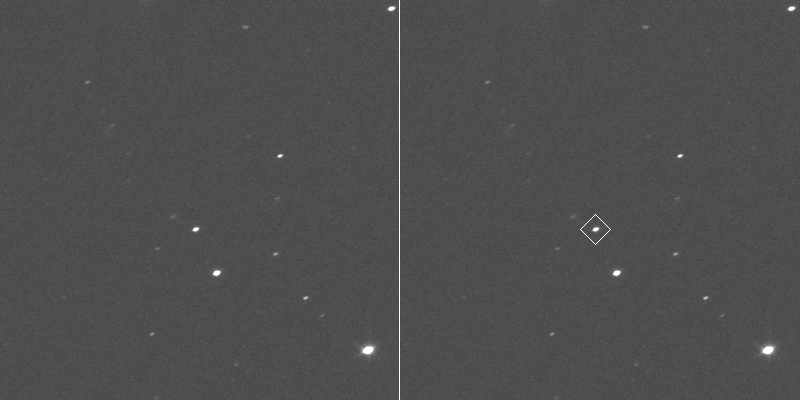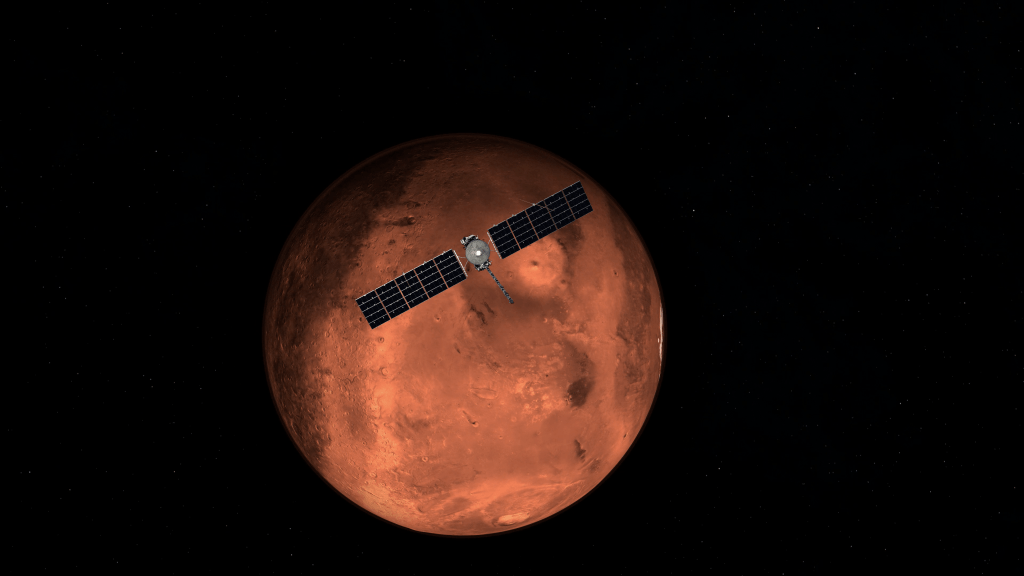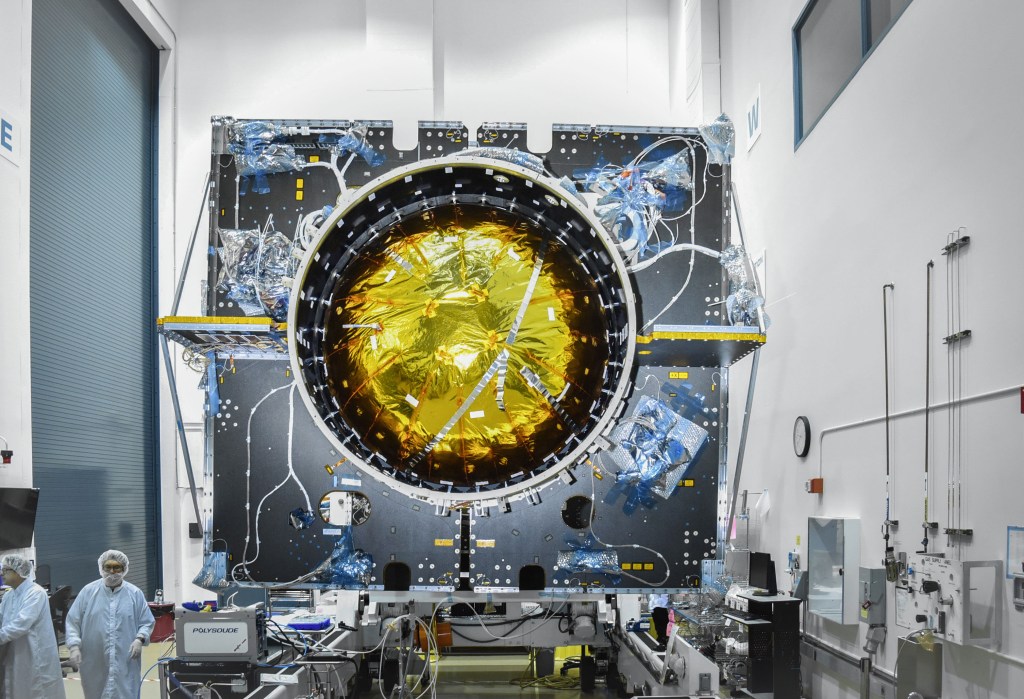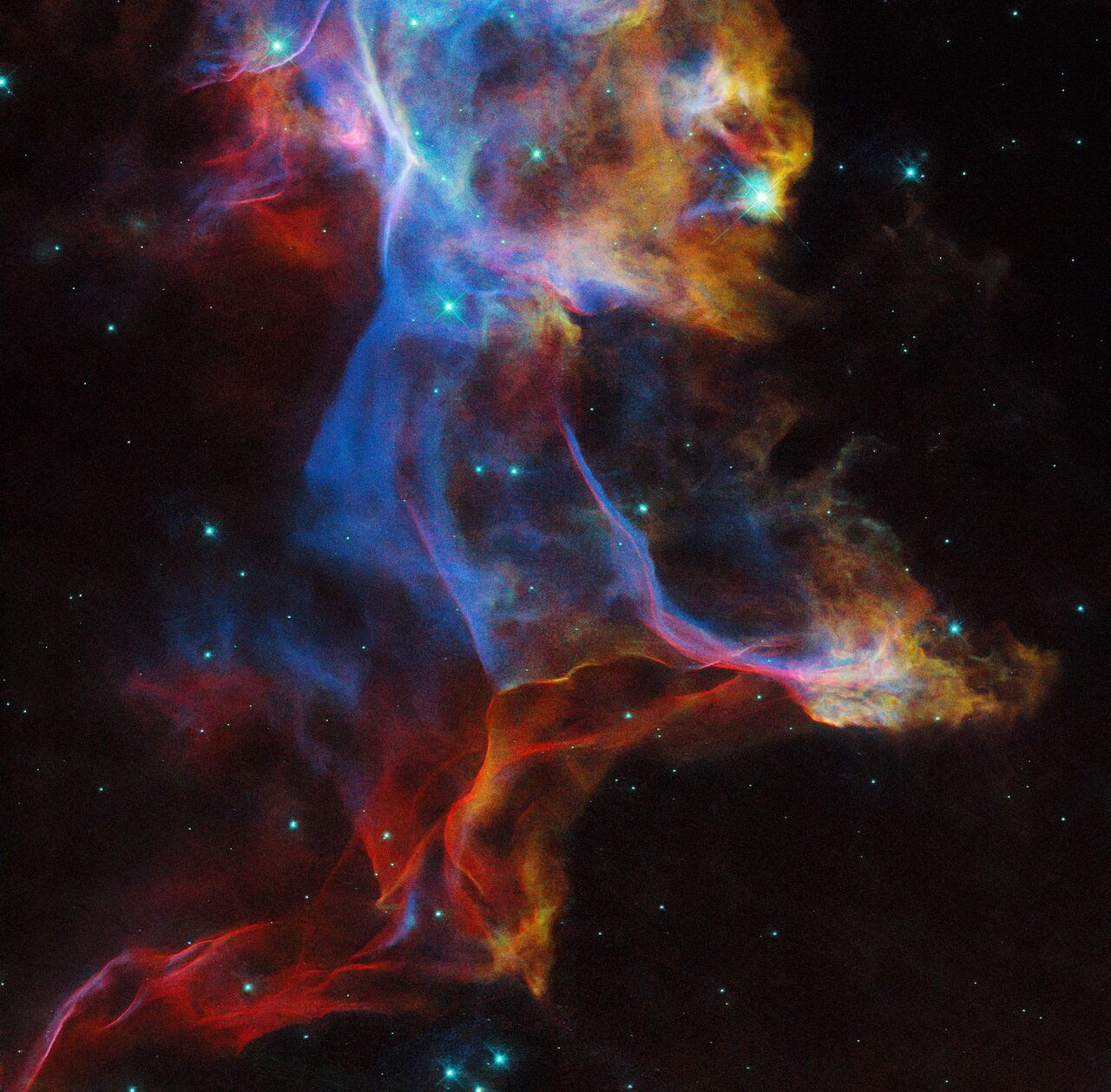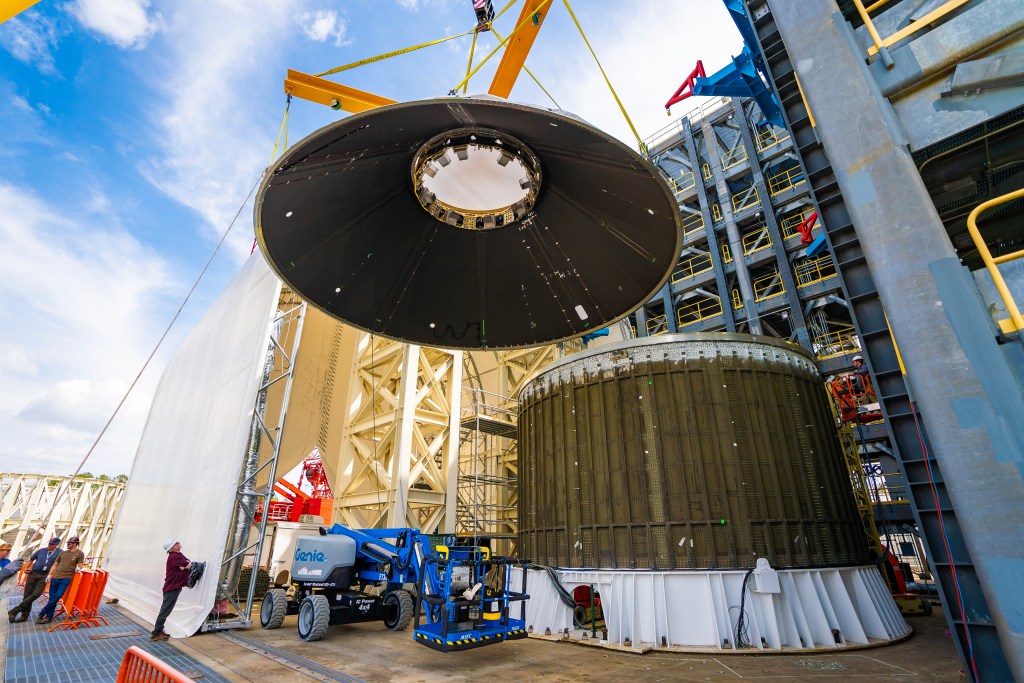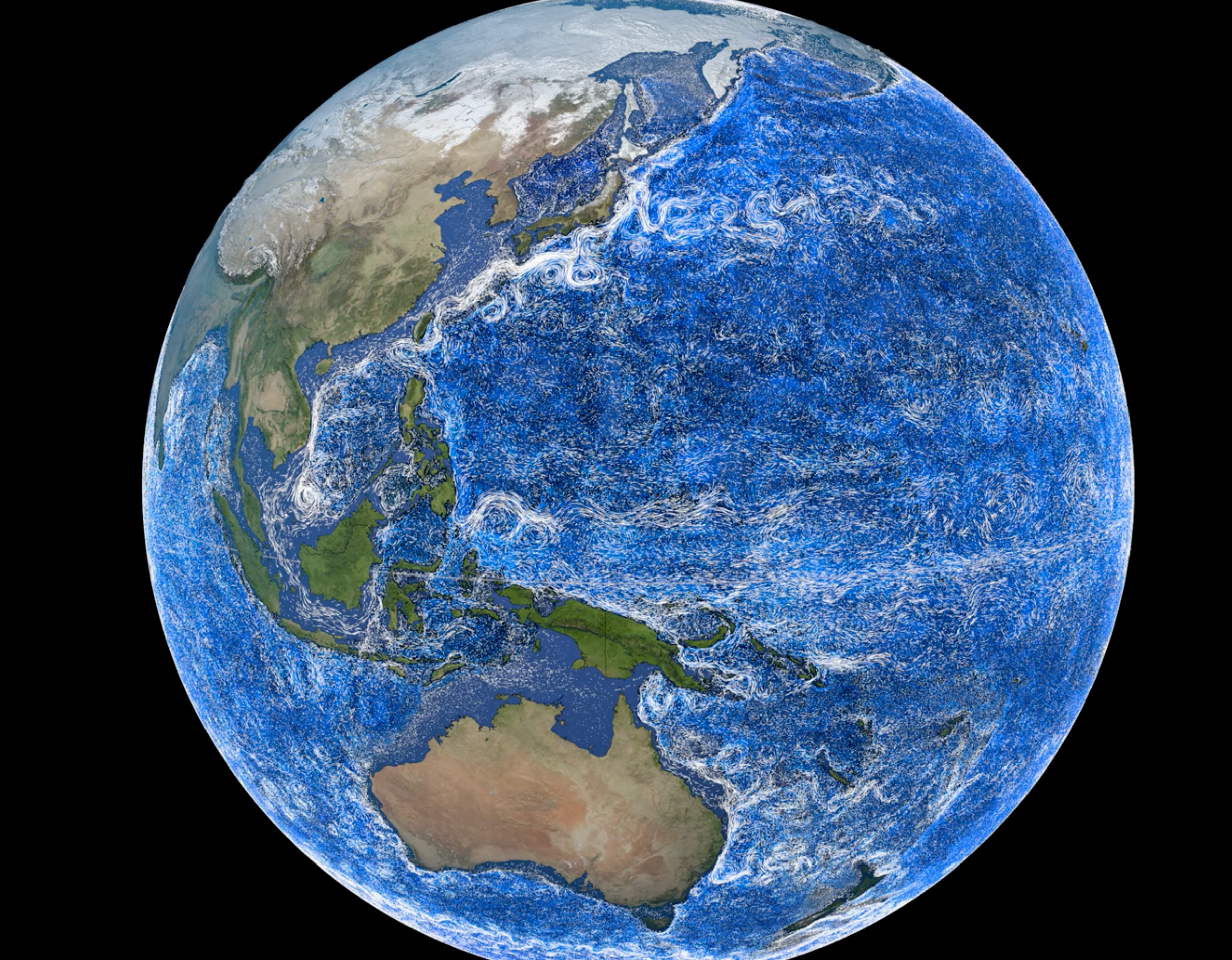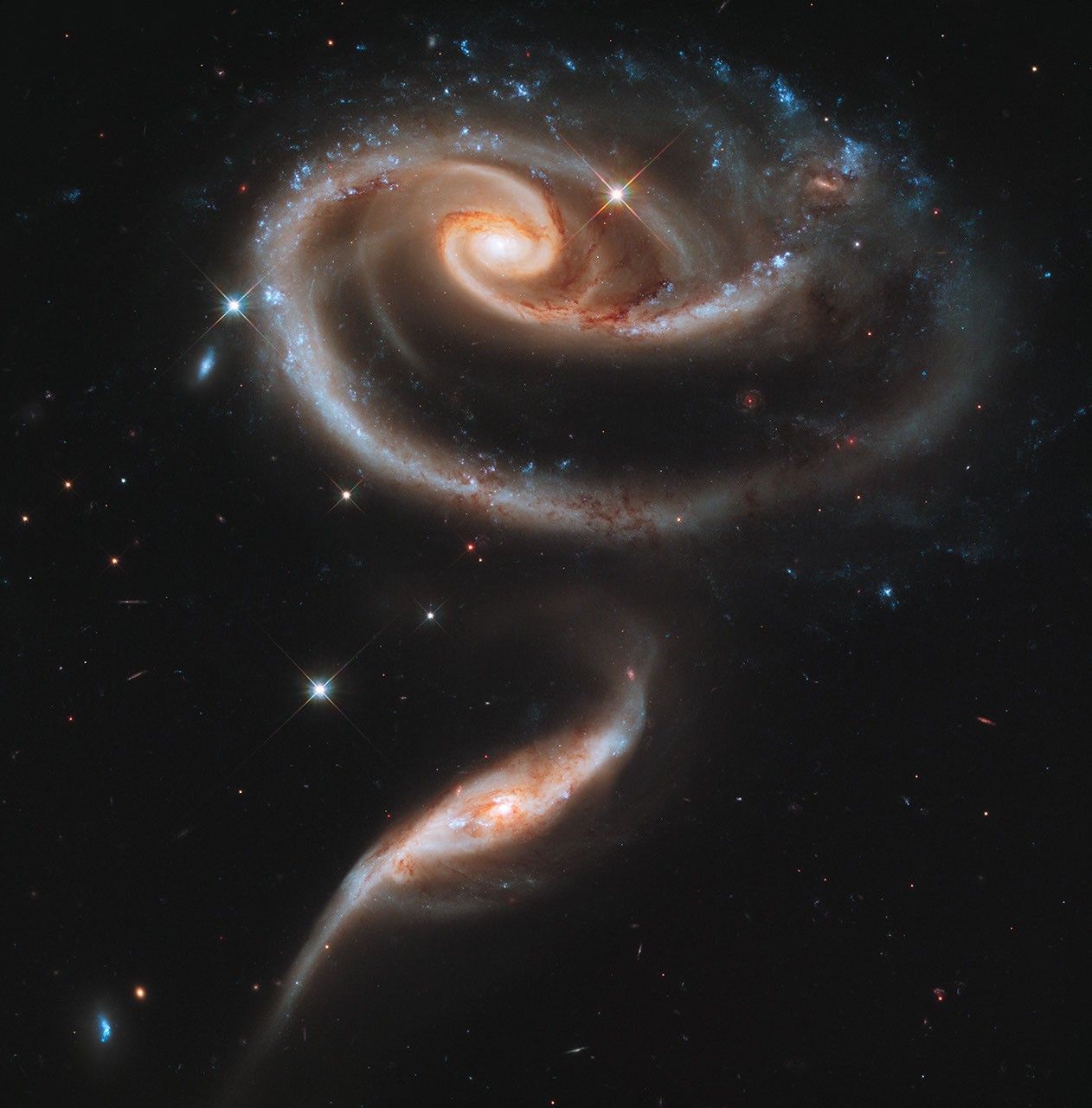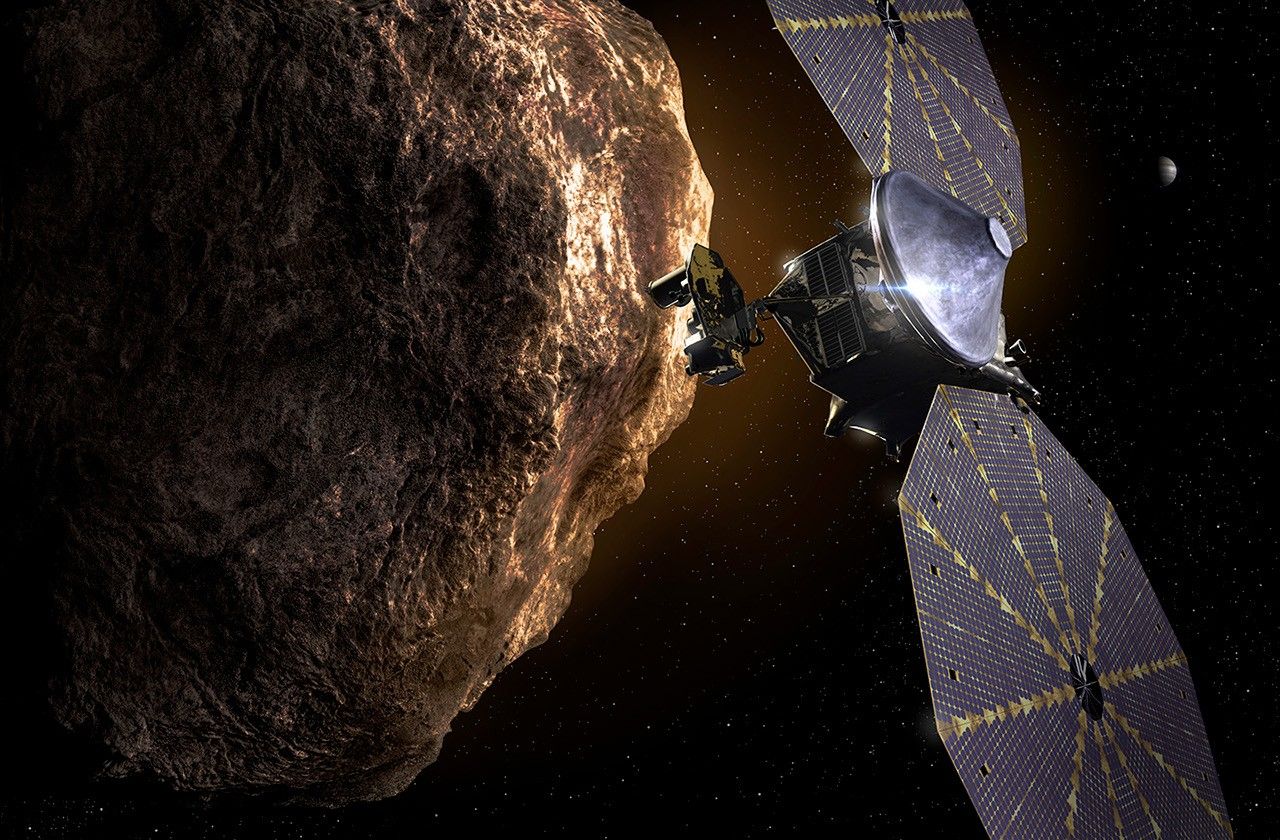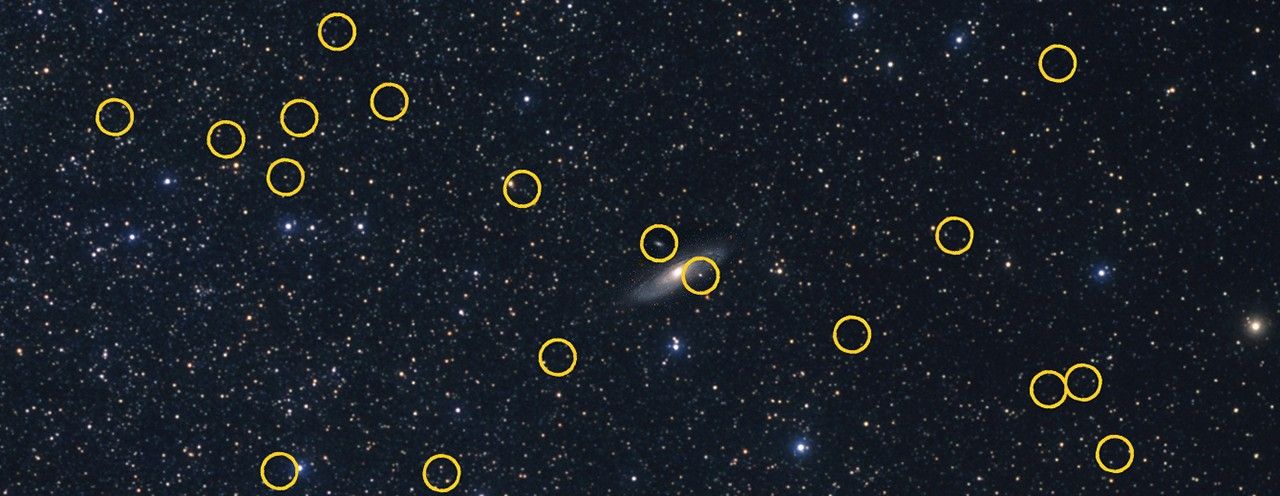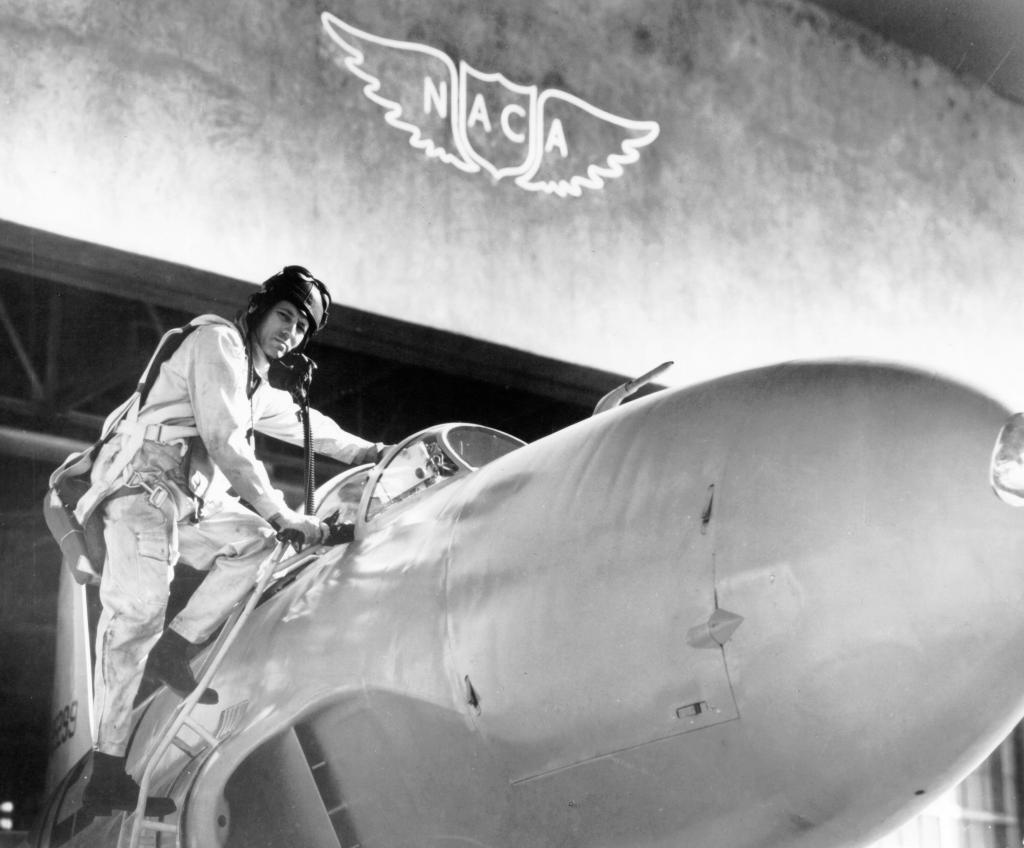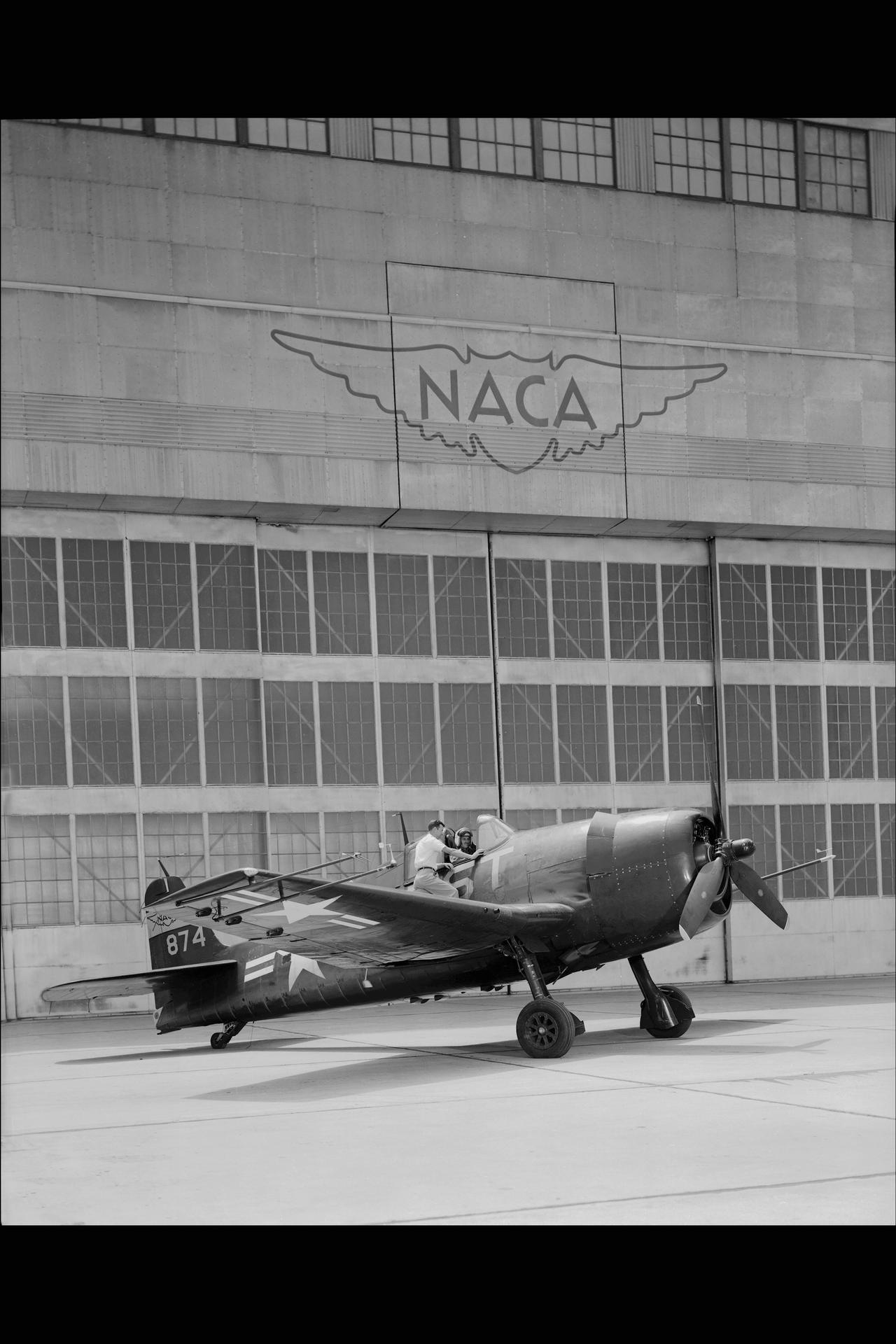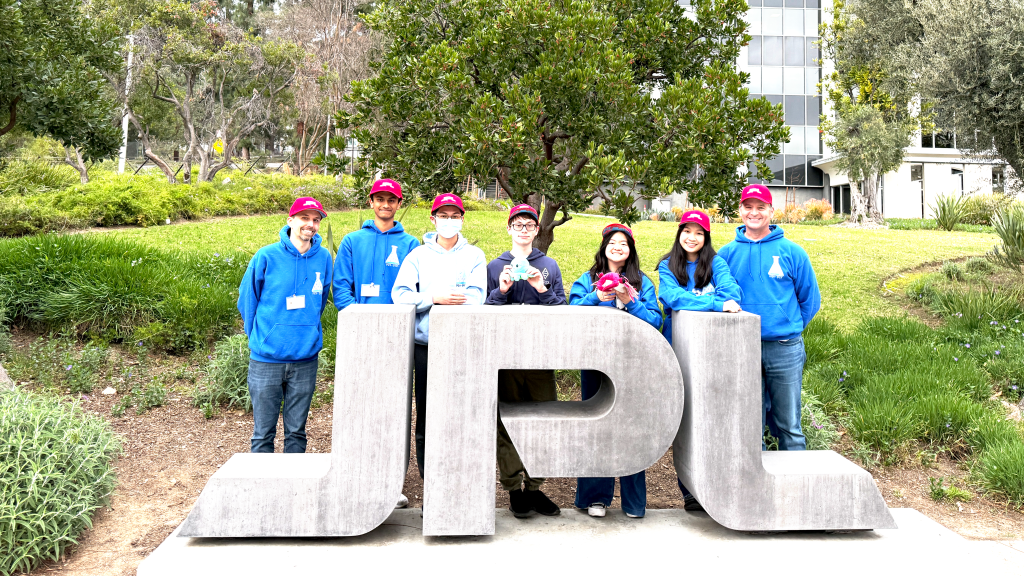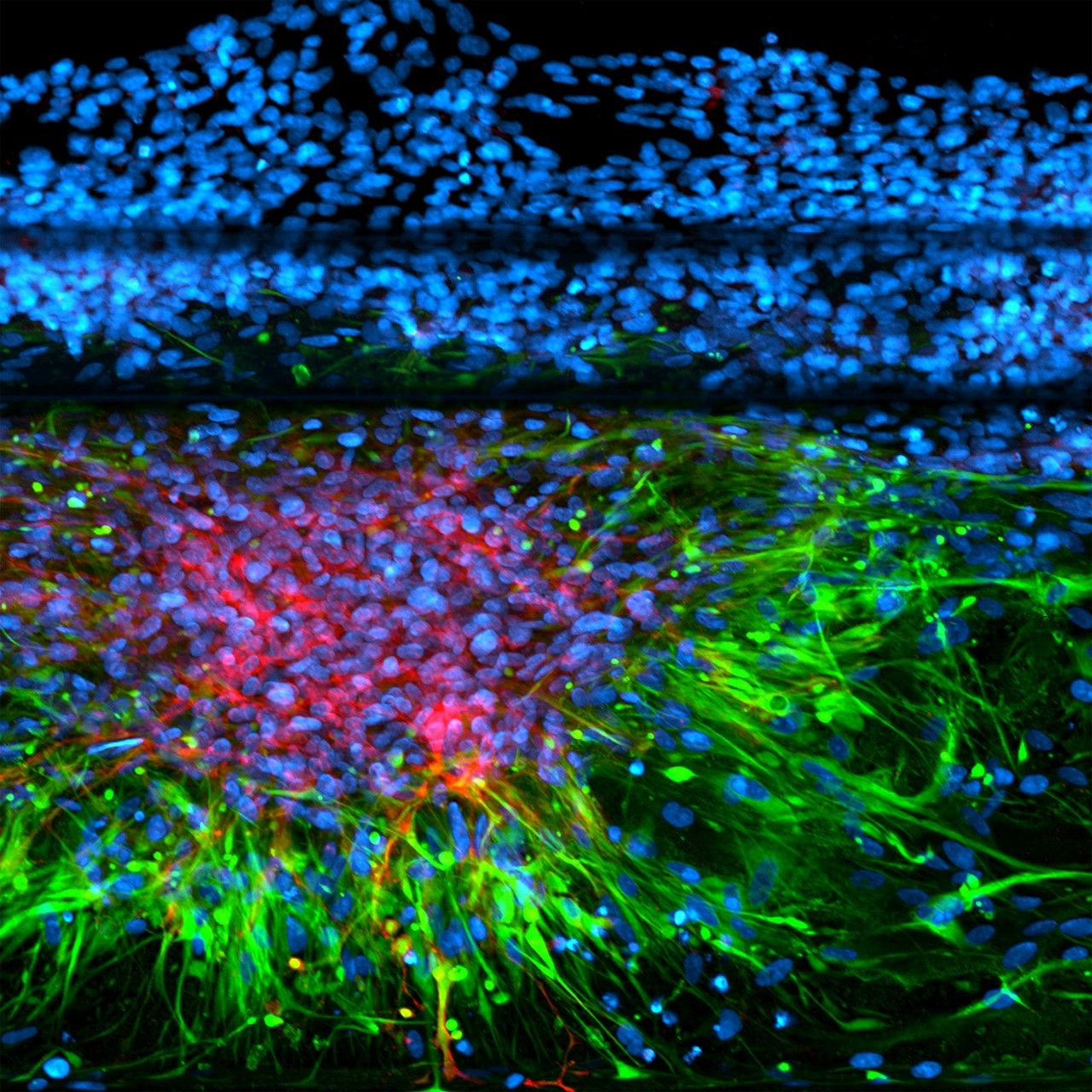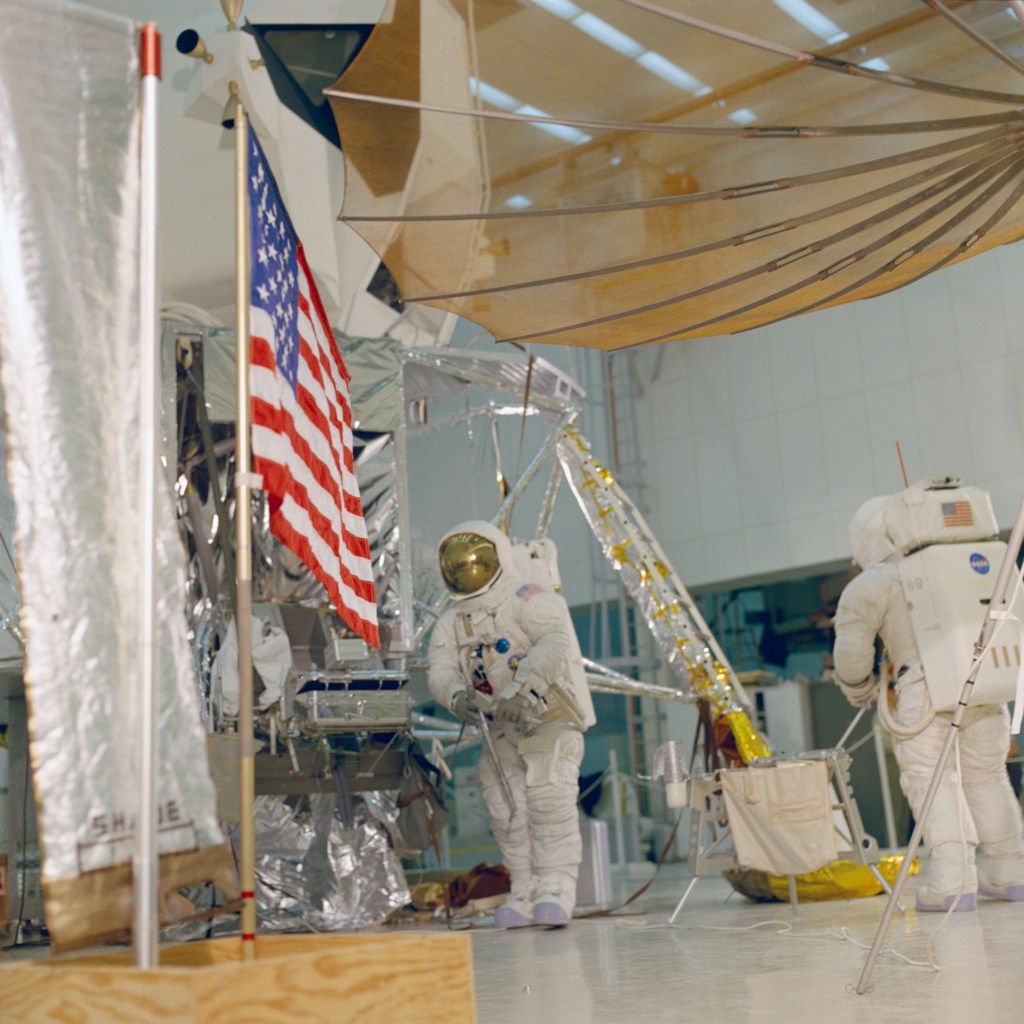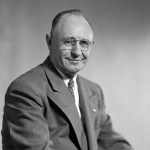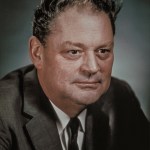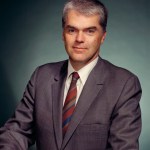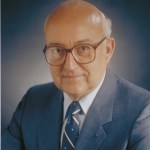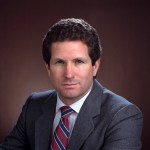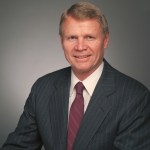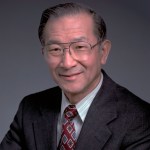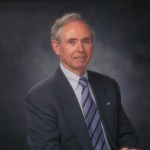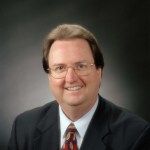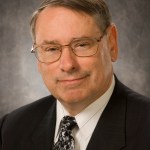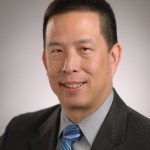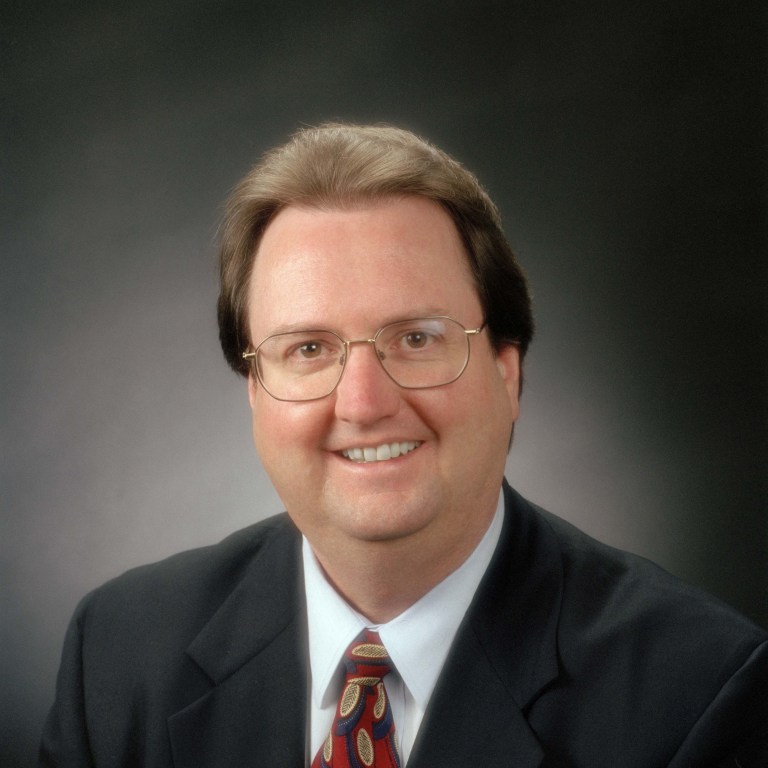
G. Scott Hubbard
Former Center Director at NASA’s Ames Research Center
G. Scott Hubbard served as the ninth Ames Center Director, from September 19, 2002 to February 15, 2006.
Hubbard has been a contributor to, and developer of, space research missions since 1974, including the Mars Pathfinder mission that successfully landed on Mars on July 4, 1997. He was NASA’s manager for the Lunar Prospector mission that discovered evidence of water ice at both the north and south poles of the Moon. Hubbard was also widely acknowledged for introducing private sector concepts, such as integrated product teams, during his time at NASA.
Early in his tenure as the Ames Center Director, Hubbard served as the sole NASA representative on the Columbia Accident Investigation Board. Prior to his time as Director, Hubbard was Deputy Director for Research at Ames from 2001 to 2002. In that role, he was responsible for organizing, directing, and implementing research efforts that furthered the strategic plan of Ames.
Hubbard also served as the first Mars Program Director at NASA Headquarters. He had responsibility for redefining all robotic Mars missions in response to the Mars failures in 1999. In addition, Hubbard was the focal point for integrating new technology and eventual human exploration goals into the Mars Program.
From 1997 to 1999, he served as the Deputy Director of the Space Directorate at Ames. In previous roles at Ames, Hubbard was Associate Director for Astrobiology and Space Programs. That position carried responsibility for programs that comprised the new multidisciplinary study of life in the universe known as astrobiology. Hubbard was one of the founders of astrobiology at NASA and he helped establish NASA’s Astrobiology Institute, serving as the Interim Director.
Prior to joining NASA in 1987, Hubbard conducted both basic and applied research in radiation detection materials and devices. Hubbard also served as a staff scientist at Lawrence Berkeley Laboratory. He was a founder, vice president, and general manager for Canberra Semiconductor (a high-tech San Francisco Bay Area start-up company), and held the position of Senior Research Physicist at SRI International.
More recently, Hubbard was named to the independent Safety Advisory Panel for SpaceX in 2012, and his book, Exploring Mars: Chronicles From a Decade of Discovery, was published the same year.
Hubbard received his undergraduate degree in physics and astronomy from Vanderbilt University and studied solid state and semiconductor physics in graduate school at the University of California, Berkeley. He received both NASA’s Outstanding Leadership Medal twice and NASA’s Exceptional Achievement Medal twice.

